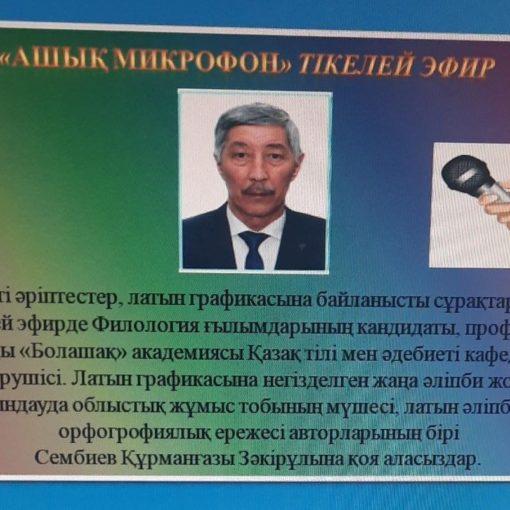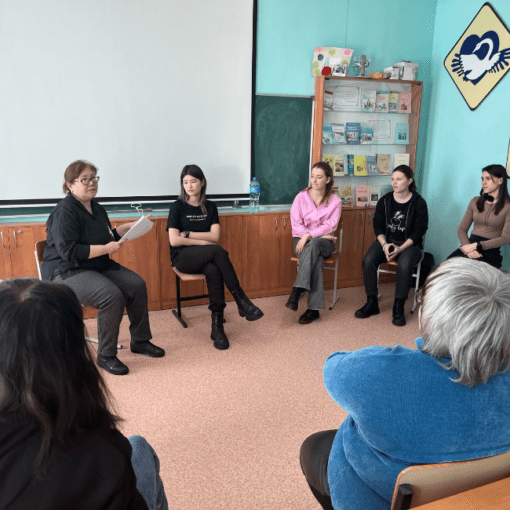Debate is nowadays widely used in foreign language teaching, and the variety of existing debate formats allows choosing the format that, given the specifics of the learning process at each stage, can ensure the greatest effectiveness. Nevertheless, the difficulties in organising debates are often due to the lack of interaction between the participants, the low level of polemicism of their statements and the lack of verbal and linguistic means to clarify their position.
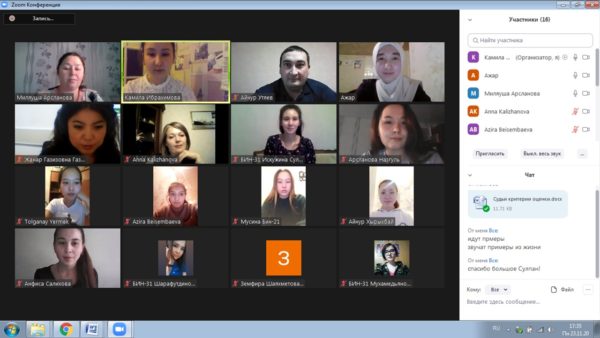
Debate is a team-role intellectual game situation in which players prove their position and refute their opponents’ position in a strictly defined format, which is characterised by the requirements for the roles of the speakers, the length and order of their speeches and the specific content of the discussion. Debaters discuss a problem and resolve contradictions using the techniques of argumentation and coherent logical justification of their point of view, including relying on the opponent’s statements.
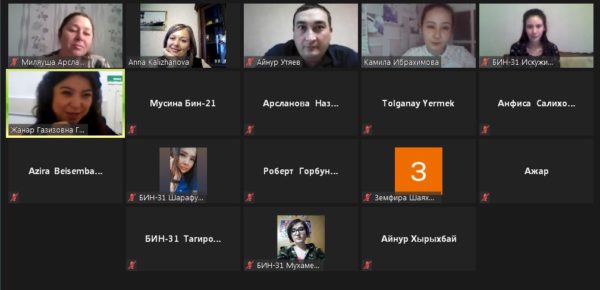
Problems that arise when using debates between the affirmative and negative sides to teach oral language:
1) Debaters are afraid of speaking in a foreign language for fear of making mistakes. They are afraid of exposing themselves to criticism from the teacher and other participants;
2) students often switch to using their native language or make many mistakes;
3) students often do not have sufficient information on the issue under discussion, even in their native language;
4) students lack the linguistic and verbal means to solve the task at hand.
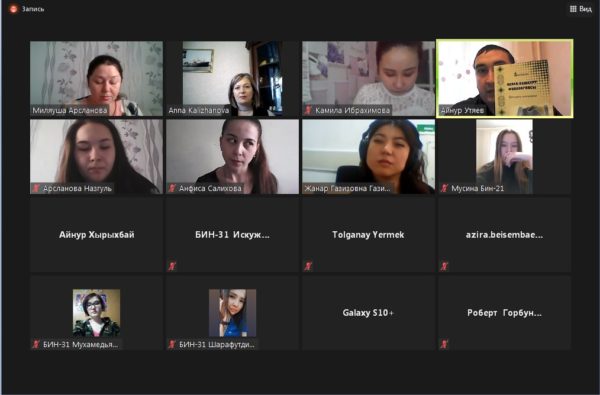
Therefore, the aim was to hold a debate in order to understand and solve the problems raised by the Department of Foreign Languages and MK.
An international distance debate tournament on the topic “Interaction of foreign languages and native speech” was held on November 23rd 2020 between the students of the Department of Foreign Languages and Intercultural Communication of “Bolashaq” Academy in Kazakhstan and the students of Bashkir and Turkic Philology of Sterlitamak Branch of Bashkortostan State University in Russian Federation.

The debate was held in the online format (ZOOM conference). Organizers: Kamila Talgatovna Ibrakhimova, teacher at the CPC, Chair of the Young Scientists Council of the Academy, a master’s student of the Faculty of Biology and Philology and M. S. Arslanova, associate professor of the Bashkir Philology Department. Students Gulnaz Mukhamedyanova, Nazgul Arslanova, Sulpan Isҡuzhina, Anfisa Salikhova and Elina Musina competed on the British model of debate with Bolashaq Academy students Yermek Tolganai, Azhar Berikbolova, Azira Beisembaeva and Ainur Khirikhbay, where one side was Parliament and the other was the opposition.
The members of the panel of judges were vice-dean for research work, associate dean Aynur Utyayev, director of Centre of Advanced Studies, senior lecturer of Chair of Foreign Languages and MK, MA Kalizhanova Anna, PhD, associate professor, head of Chair of Foreign Languages and MK of Academy “Bolashaq” Gazikhanova Zhanar Gazizovna.
We are very grateful to the administration of Bolashaq Academy and the Department of Foreign Languages and MK, as well as to the Faculty of Bashkir and Turkic Philology at the Sterlitamak Branch of BashSU.


